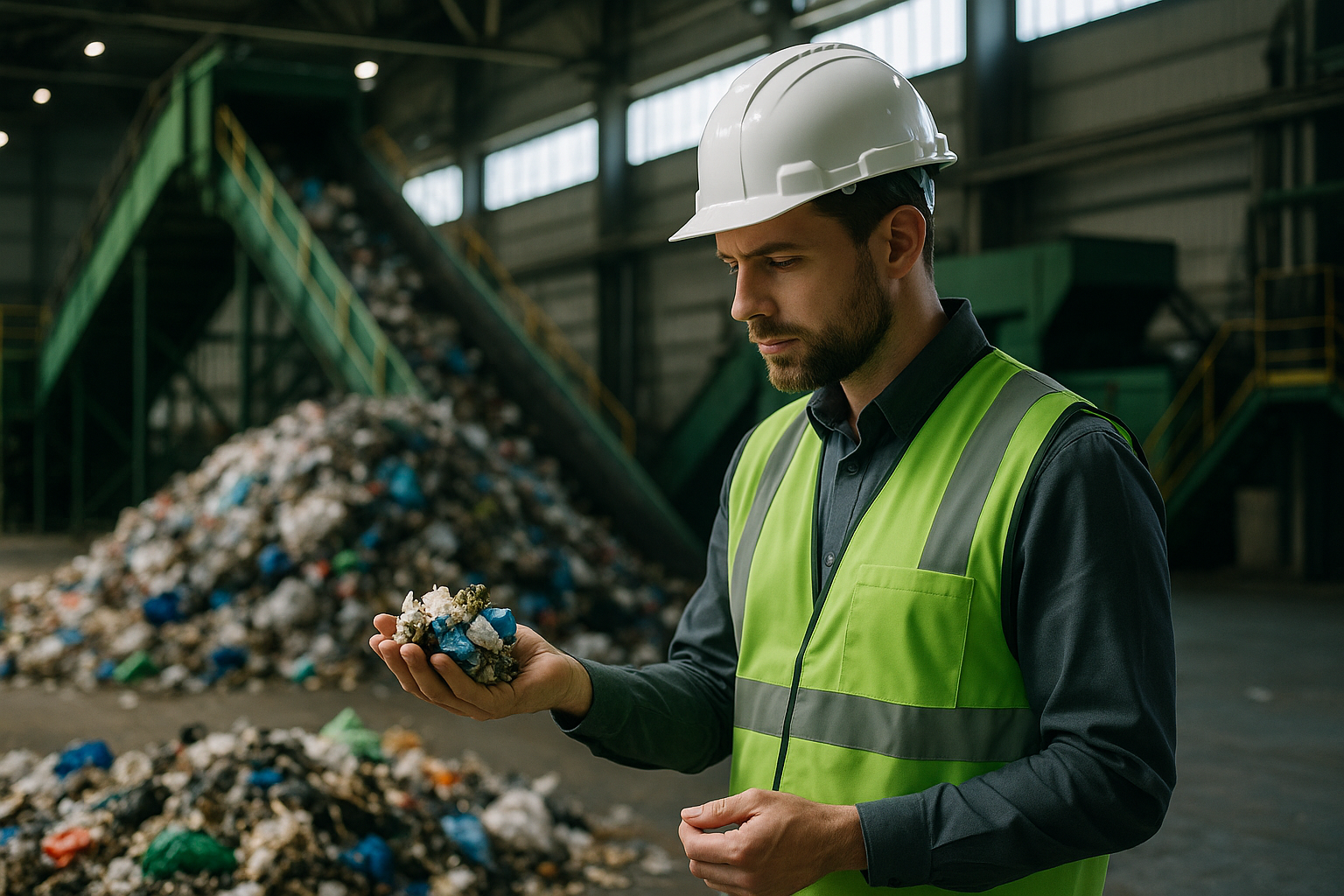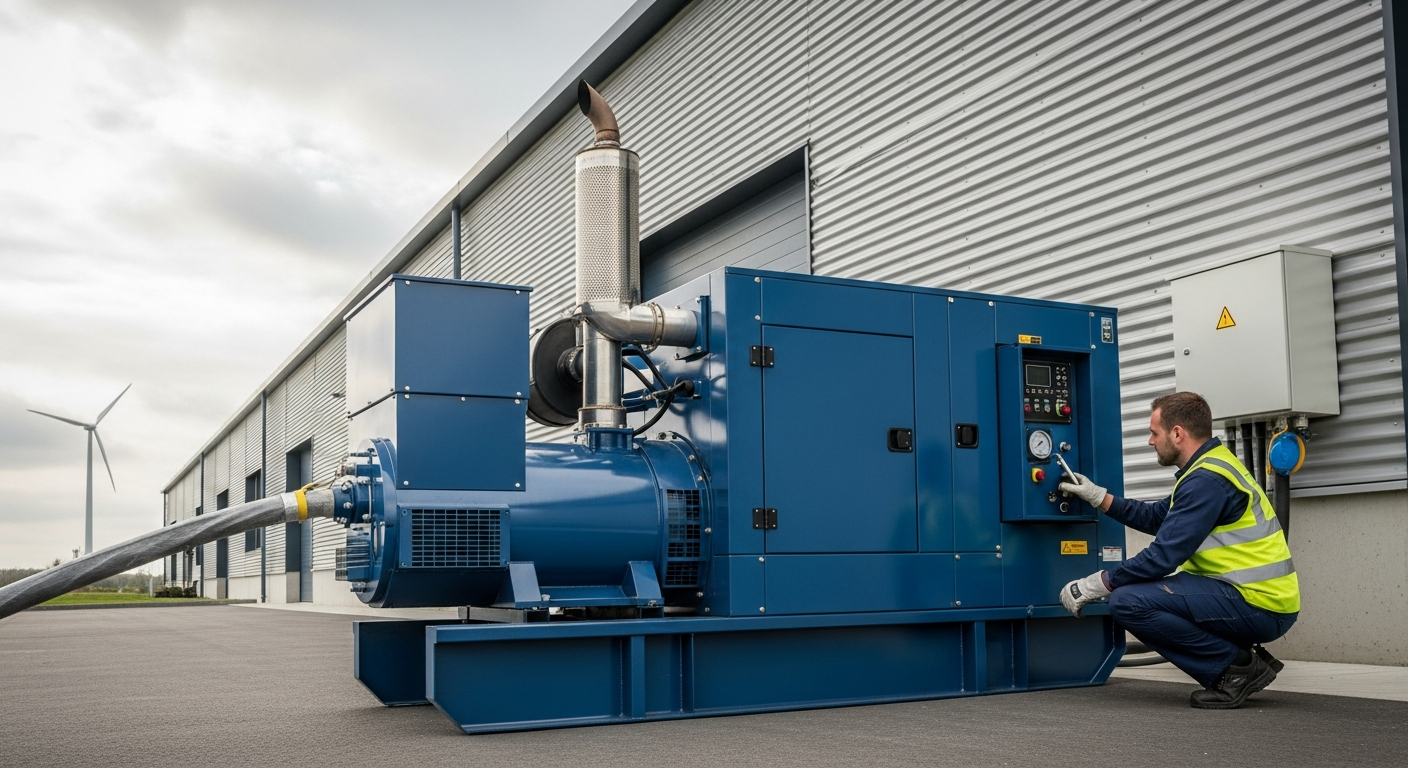Understanding Modern Roof Installation Techniques and Materials
Modern roof installation has evolved significantly with advanced materials and innovative techniques that enhance durability, energy efficiency, and weather resistance. Today's roofing industry combines traditional craftsmanship with cutting-edge technology to deliver superior protection for residential and commercial properties. From synthetic materials to smart installation methods, understanding these developments helps property owners make informed decisions about their roofing investments.

The roofing industry has transformed dramatically over the past decade, introducing revolutionary materials and installation methods that provide enhanced protection and longevity. Property owners today benefit from a wide array of options that combine durability with aesthetic appeal, making roof replacement and installation more effective than ever before.
Expert Roofing Contractors and Their Advanced Methods
Professional roofing contractors now utilize sophisticated techniques that ensure precise installation and long-term performance. These experts employ laser-guided measurements, drone inspections for accurate assessments, and specialized equipment that minimizes installation time while maximizing quality. Modern contractors also integrate weather monitoring systems during installation, ensuring optimal conditions for material application and curing processes.
The certification requirements for roofing professionals have become more stringent, with many contractors obtaining specialized training in new materials and installation methods. This expertise translates into better workmanship and reduced likelihood of future repairs or replacements.
Durable and Reliable Roof Material Innovations
Contemporary roofing materials offer unprecedented durability compared to traditional options. Synthetic slate and cedar alternatives provide the aesthetic appeal of natural materials while offering superior weather resistance and lighter weight. Metal roofing systems now feature advanced coatings that resist corrosion, fading, and thermal expansion, extending their lifespan to 50-70 years.
Composite shingles incorporate recycled materials and advanced polymers, creating products that withstand extreme weather conditions including high winds, hail, and temperature fluctuations. These materials often come with enhanced warranties that reflect their improved reliability and manufacturer confidence.
Advanced Installation Techniques for Enhanced Performance
Modern installation methods focus on creating comprehensive weather barriers and improving energy efficiency. Contractors now implement multi-layer underlayment systems that provide superior moisture protection and thermal insulation. Advanced fastening techniques, including specialized screws and adhesives, create stronger connections between roofing materials and structural elements.
Ventilation integration has become more sophisticated, with contractors installing ridge vents, soffit vents, and powered exhaust systems that work together to regulate attic temperature and moisture levels. These systems prevent ice dam formation and reduce energy costs throughout the year.
Cost Considerations and Provider Comparisons
Roof installation costs vary significantly based on materials, complexity, and regional factors. Understanding typical pricing structures helps property owners budget effectively for their roofing projects.
| Service Type | Provider Examples | Cost Estimation |
|---|---|---|
| Asphalt Shingle Installation | GAF, Owens Corning, CertainTeed | $8,000 - $15,000 |
| Metal Roofing Systems | Standing Seam Specialists, Metal Roof Network | $12,000 - $25,000 |
| Composite/Synthetic Materials | DaVinci Roofscapes, Boral, Polymer Specialists | $15,000 - $30,000 |
| Complete Roof Replacement | Full-Service Contractors | $10,000 - $35,000 |
Prices, rates, or cost estimates mentioned in this article are based on the latest available information but may change over time. Independent research is advised before making financial decisions.
Quality Assurance and Long-Term Maintenance
Modern roofing installations incorporate quality control measures that ensure consistent performance. Contractors perform thermal imaging inspections to identify potential weak points, conduct water testing to verify seal integrity, and provide detailed documentation of installation procedures.
Maintenance protocols have also evolved, with many contractors offering scheduled inspection services that identify minor issues before they become major problems. These preventive approaches significantly extend roof lifespan and protect property investments.
Future Trends in Roofing Technology
Emerging technologies continue to reshape the roofing industry. Solar integration systems are becoming more seamless, with photovoltaic cells incorporated directly into roofing materials. Smart roofing systems include sensors that monitor structural integrity, moisture levels, and energy performance, providing real-time data to property owners.
Sustainable materials and installation practices are gaining prominence, with manufacturers developing products from recycled content and contractors implementing waste reduction strategies. These trends reflect growing environmental awareness and regulatory requirements in construction industries.
Understanding modern roof installation techniques and materials empowers property owners to make informed decisions about their roofing investments. The combination of advanced materials, expert installation methods, and comprehensive maintenance approaches ensures that today’s roofing systems provide superior protection and value for decades to come.




